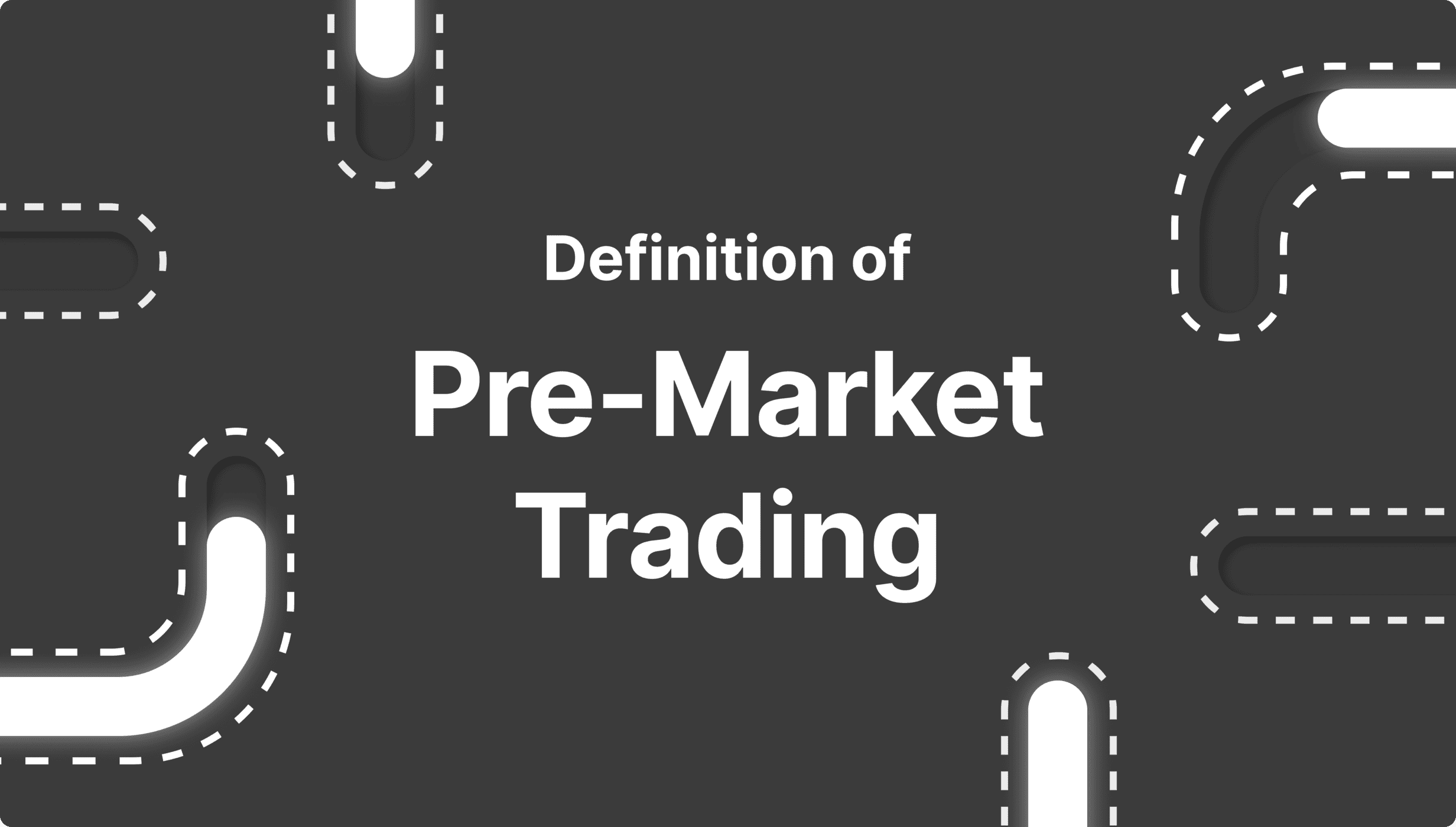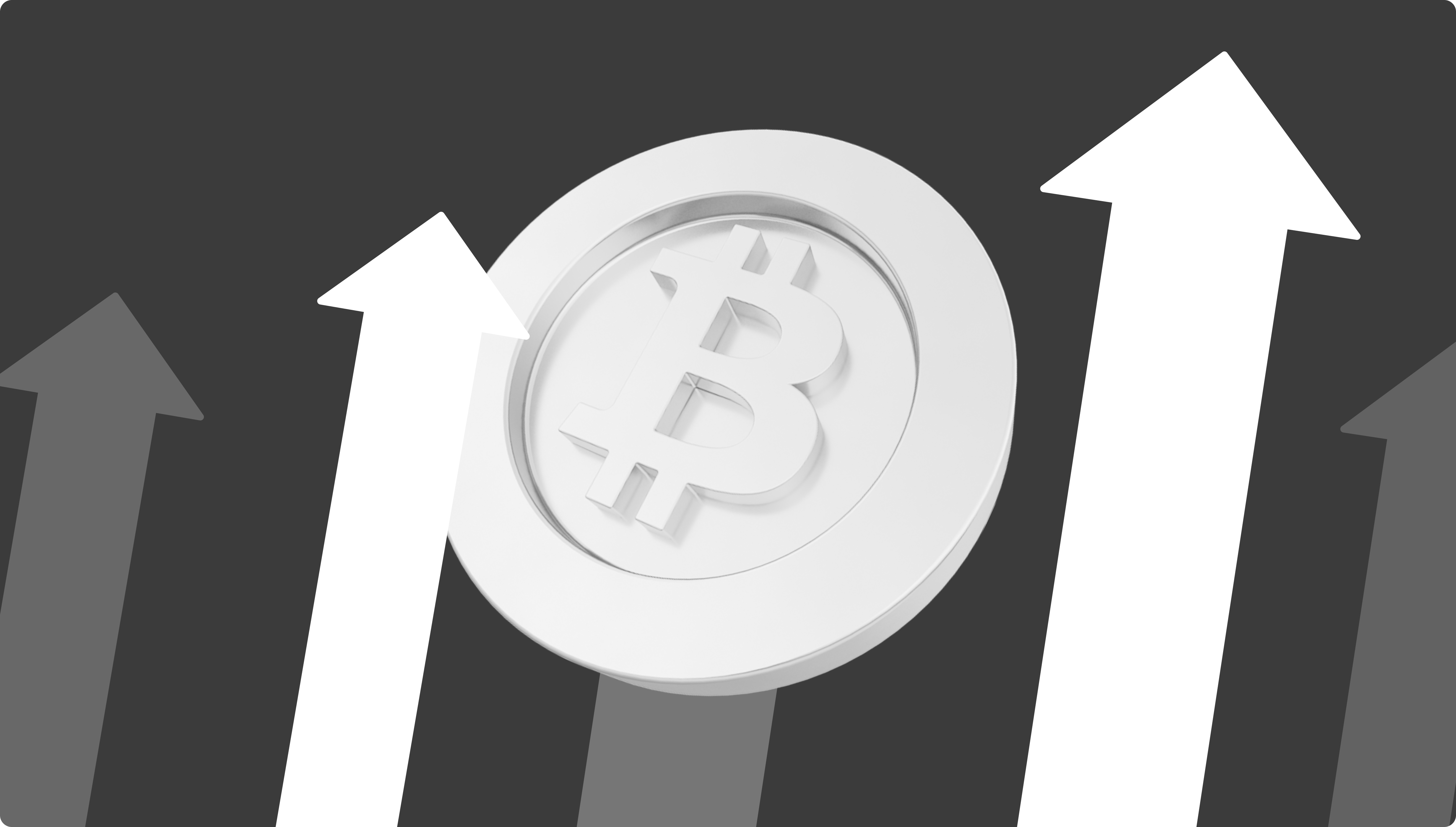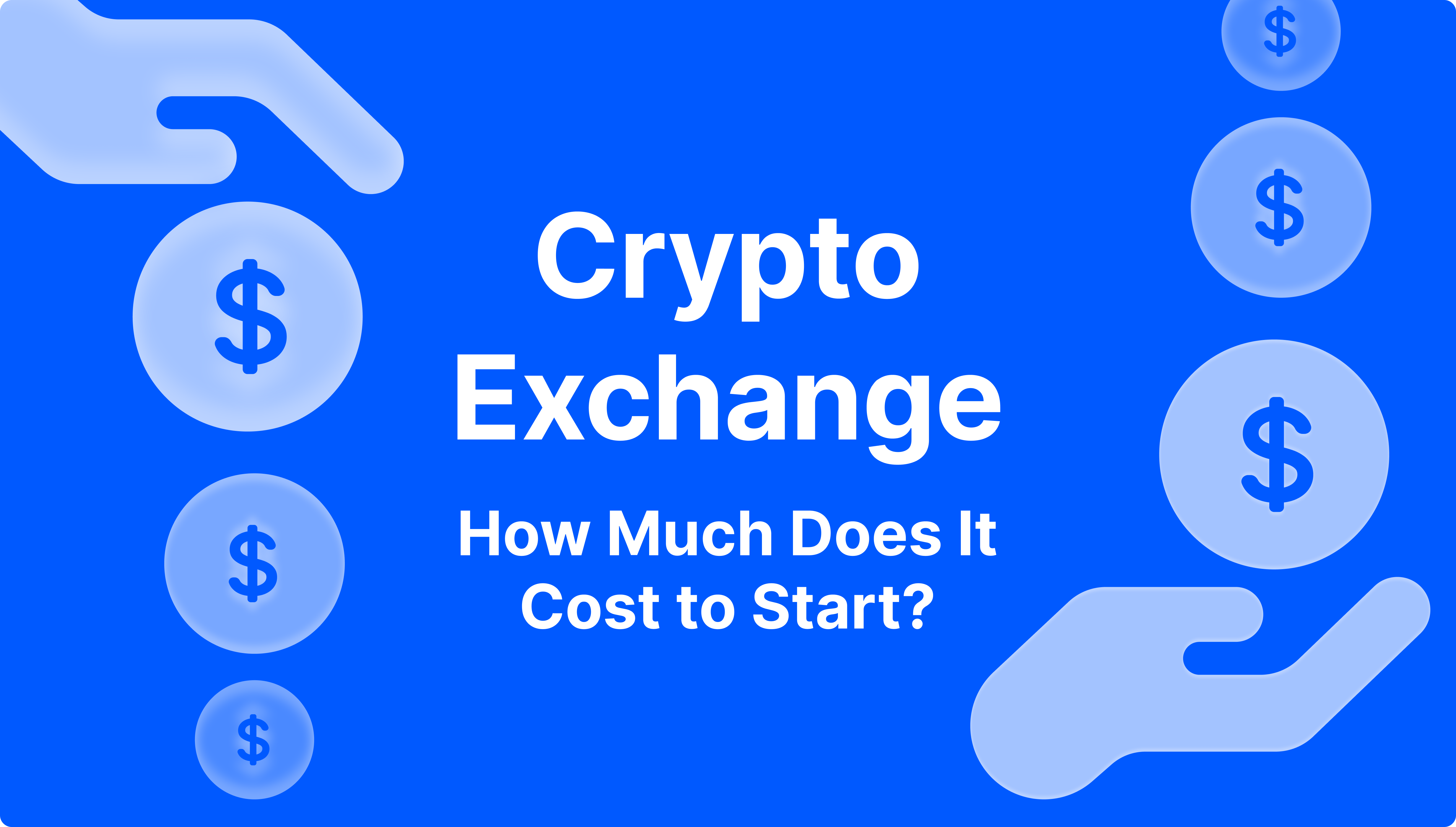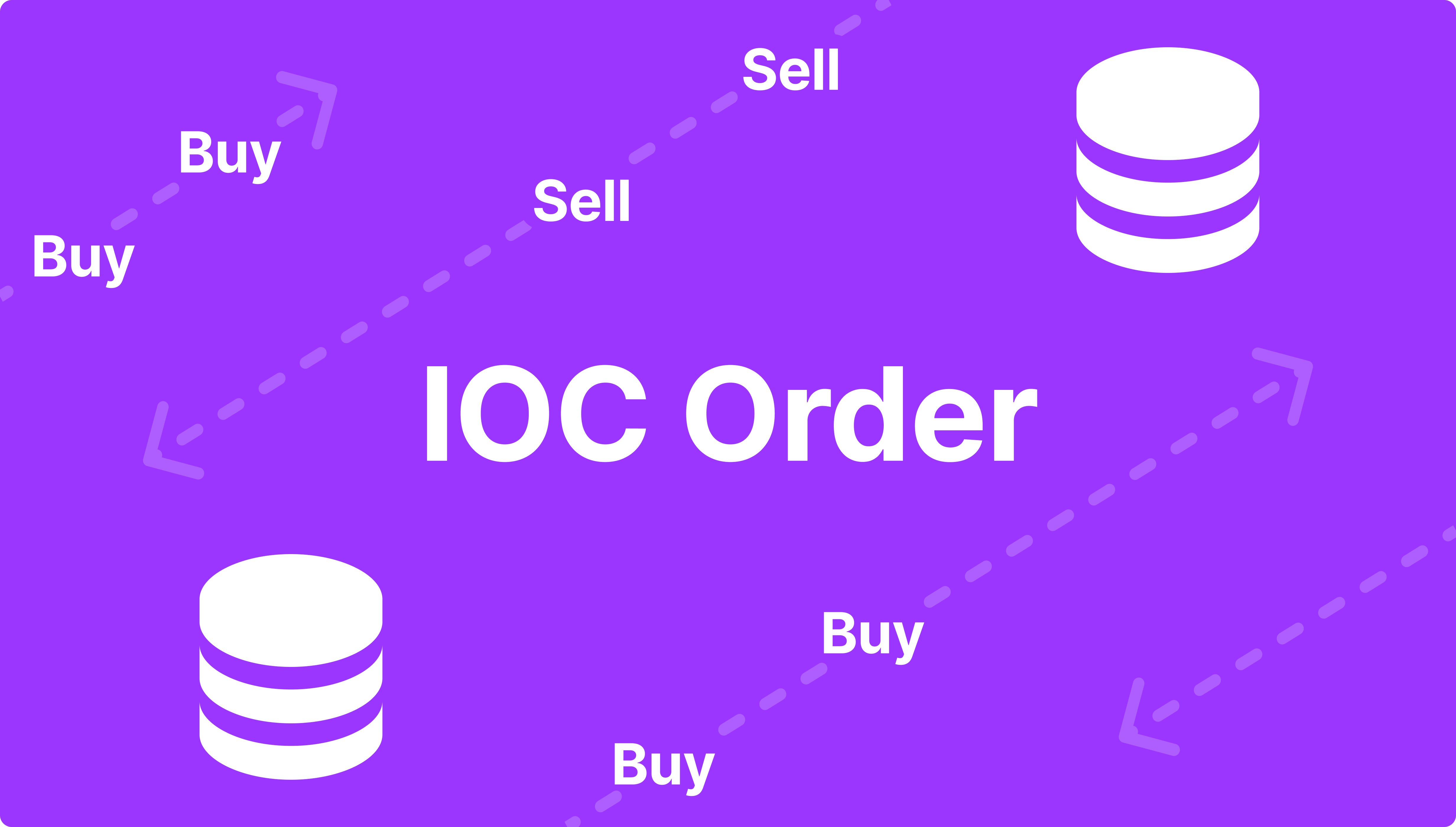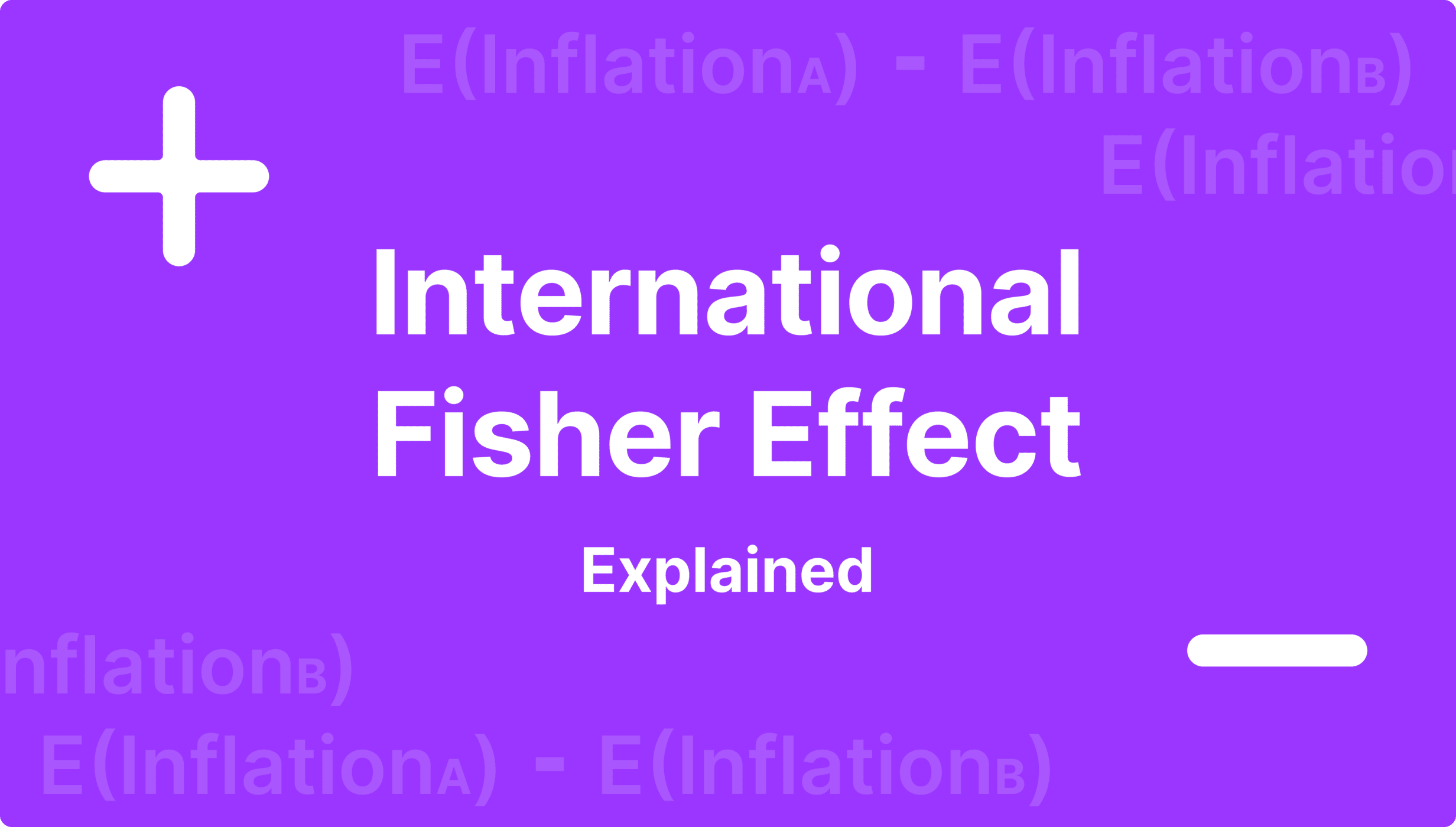A-Book vs B-Book Brokers: What’s the Difference
Articles


Have you ever had to deal with the forex A-book/B-book models when studying the brokerage industry? Or maybe you’ve been debating which of these models to use for your own brokerage firm. What type of ideas are they, exactly? What is the role of a forex market maker? And how much do forex brokers make on a daily basis? Let’s see what we can come up with.
From the trader’s perspective, forex trading seems to be quite straightforward: a trader only needs to click a button to open an order and wait for the confirmation of the transaction to appear on the screen. But how does it function? It is necessary for a trader’s transaction to be completed before it can be executed: if someone buys an asset, then someone must sell it in order for the transaction to be completed.
Client orders are delivered to the market in two various ways via distinct types of broker operating technologies. We are going to discover the difference between A book and B book broker models. A-Book models are the most common form of broker operating technology. Each one has its own set of perks and downsides to consider.
A-Book Forex Broker Model
When a broker uses the A-Book business model, all of its clients’ orders are transmitted directly to the forex liquidity provider, who in turn routes them to the interbank market.
A-Book brokers are compensated either by a predetermined amount of transactions (often 1 lot) or by a markup on the spreads they provide. In this plan, the broker is just acting as a middleman, offering financial services. The ultimate counterparty is either a group of traders that place opposing orders in the market or a liquidity provider who supplies liquidity to the market. The A-Book approach has one major benefit over other models: there are no conflicts of interest. Whether traders make a profit or lose money, the broker earns a commission regardless of the outcome. While, from a theoretical standpoint, both traders and brokers are interested in successful trading, in practice, neither is. The greater the number of transactions that traders complete, the greater the amount of commission that their broker earns.
However, forex is rarely that straightforward. Both traders and brokers have disadvantages when using the A-Book approach. In order to move customer orders to the external market, the broker must make agreements with a liquidity provider (or with many of them), secure licenses, and offer technical assistance to the liquidity provider. It all comes at a cost in terms of time and money. As a result, the A-Book broker is compelled to raise the mark-up on the spread in order to cover its overhead expenses.
B-Book Forex Broker Model
When a forex broker operates as a market maker, it is referred to as the B-Book model. Orders are processed in-house by the broker. In other words, orders placed by traders are not visible anywhere other than the broker’s trading platform. There isn’t any external liquidity pool. In this case, there is a clear conflict of interest since the broker serves not only as an intermediary, but also as a counterparty to the transaction. As a result, the B-Book concept is often incorrectly connected with fraud. In reality, forex is a very unpredictable market, and the B-book model is associated with both large gains and large losses.
The profits of the trader are equivalent to the losses of the broker. Deceptive brokers may be interested in putting up non-market quotations in the terminal, spying on the set client stops, and knocking them down using plugins on the server-side of the platform in an attempt to make the traders lose money on their trades.
If the broker operates in this manner, it effectively leads to some dangers. Clients who have been duped will not keep quiet and will undoubtedly damage the broker’s image, which is crucial for achieving success in the forex market. In the end, it is a long-term collaboration that wins the day.
Hybrid Forex Broker Model
There are not only A Book or B Book broker models. Brokers devised a hybrid model in order to overcome the limitations of the A-Book and B-Book methods. One of the most popular alternatives among major brokers is to use a hedging strategy. Using a hybrid approach, a broker processes minor transactions inside its platform, but big transactions may be withdrawn to a liquidity provider and ultimately to an interbank.
This model is the most optimum option for both brokers and traders, but it is also the most difficult to implement. The most difficult task for a broker is correctly categorizing traders in the first place. Special software is used to monitor the amount of a trader’s deposit, the amount of leverage employed, the degree of risk associated with each transaction, and the usage or non-use of protective stops. All of this information aids the broker in determining which of the two models (A-Book vs B-Book) to utilize for executing an order based on the information provided.
Profitability of A-Book vs B-Book Brokers
You may have a logical inquiry after reading all of the facts above: whether a broker generates more profit – A Book vs B Book forex broker transactions? For my own personal company, which model should I adopt in order to minimize my brokerage risks? This is a question for which there is no definitive solution. It all depends on the situation.
The profit margin of an A-Book forex broker is lower statistically, but it is more steady. In the forex market, it is widely known that 80-95 percent of traders lose their initial investment within six months, which works to the advantage of the forex B-book broker. But don’t forget about unanticipated events, which occur on a regular basis and cause B-book brokers to incur massive losses, often for many months at a time.
We come to the conclusion that none of the plans can be considered a cure for loss. After considering your company objectives and strategies, you must pick which business model is best for you to implement. A similar argument may be made for traders who choose their broker. Everything is unique in its own way.
No business model, including the A-Book and B-Book models, can guarantee a successful firm or a lucrative transaction. These models are only tools for doing business, and the extent to which you gain personally from them is solely dependent on your ability to apply them in a professional manner.
If you approach operating your company properly, learn patience, and use business models that are specifically tailored to your needs, the forex brokerage industry may present you with almost limitless prospects for success and financial well-being.
Seeking answers or advice?
Share your queries in the form for personalized assistance









